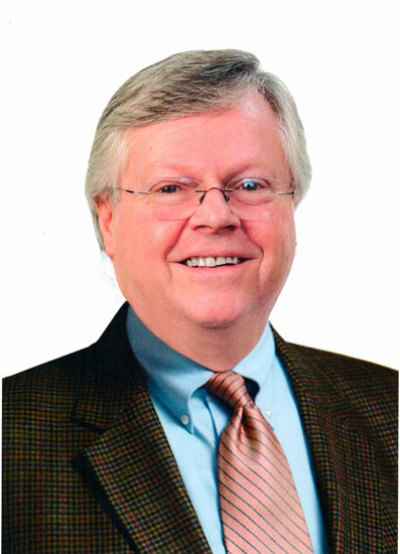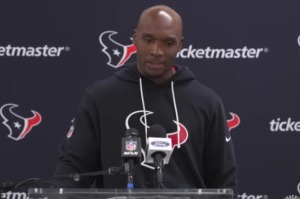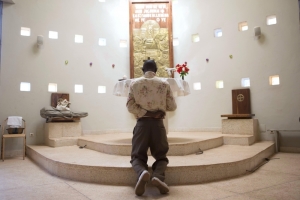Christian School Professionals Need Boundaries

Boundaries are established to separate one person from another, one employee from another, one job from another, so that each can have their own identities and responsibilities without interference by others trying to do a job not assigned to them. Boundaries create necessary "space," private space. Carefully created boundaries define expectations and furthermore encourage respect for others.
"Let your foot be seldom in your neighbor's place, lest he have his fill of you and hate you." (Proverbs 25:17)
The concept of boundaries is rooted in the nature of God Himself. And boundaries in general are the things that helps to show where professional responsibilities begin and end. The more complex an organization becomes the more important boundaries, specific job descriptions, become, although even the simplest of institutions need boundaries.
While researching for this article I investigated organizational titles using both the word boundaries and borders. With so much current talk about borders in the news and the prominence of "Doctors without Borders" my thoughts turned to "schools without internal borders" and what that means to Christian education. Before I gave up I found 20 organizations whose name included "without borders" and 20 including "without boundaries."
Actually I came to the conclusion that "boundaries" fits better into a discussion of education. Boundaries specifically applies when considering personal faculty or administrative responsibilities.
An awareness of "boundaries" became clear to me when I was hired to teach at the Stony Brook (NY) School. I was to be the first full-time music teacher at the school and my challenge was elaborated as "The music portfolio is empty, fill it." Now while my musical responsibilities were scant other responsibilities were made crystal clear. I also quickly became aware that my responsibilities, while largely unwritten, should not encroach upon the responsibilities and activities of faculty colleagues!
Actually this idea was made clear to me by colleagues wherever I taught and in some cases with serious consequences should I violate these unwritten rules of engagement. I can honestly say that I always endeavored to operate within the confines of my own responsibilities and not to infringe on anyone else's. Deuteronomy 27:17 became an operational moto for me, "Cursed is he who moves his neighbor's boundary mark."
I must say that over the years my care was rewarded with in-kind respect from my colleagues. When there was a conflict a solution was always able to be found and hard feelings or a greater crisis was avoided.
Thinking back over this and considering what I have found since moving into administrative positions and that of a management consultant troubles me.
It has been my experience to discover a basic disrespect and lack of concern for one another in the schools and colleges I have visited and served. It appears to be a result of the "me first" personal attitude growing and maturing over the past 50 years. This came like a freight train and no one stopped it. It isn't that no one saw it coming, but that it came with such power and force. In our schools, provosts and principals should always be on the watch for this and not be afraid to act.
One of the best bits of advice I received in college was a professor who said, "When you notice something out of line, someone doing that which they were not assigned to do, act quickly. If you wait you may never act, but simply find it necessary to work around the intrusion."
There is the problem in a nutshell. This lack of respect for boundaries reveals themselves and action is not taken. In essence, institutional anarchy ensues with some individuals doing work assigned to someone else. Colleagues will complain to one another, parents will talk about it in the parking lot, and students recognizing it will laugh about it even though they are often most hurt by it. Nipping the boundary violation "in the bud" saves grief on every level. Believe me, job boundary violations metastasize and eventually destroy a school from within.
St. Paul in Gal 6:5 suggests "Each one should carry his own load." That is to say, everyone should carry his own responsibilities. In that "great day" everyone will be considered according to his own behavior. Shouldn't this urge us to consider and account for our own actions now?
In my opinion this is a matter of professional "integrity," knowing your place, adhering to your job! This is ethical! "Integrity" is a biblical virtue and biblical virtues are absolute!
"For you have been born again, not of perishable seed, but of imperishable, through the living and enduring word of God." (1 Peter 1:23 NIV)



























